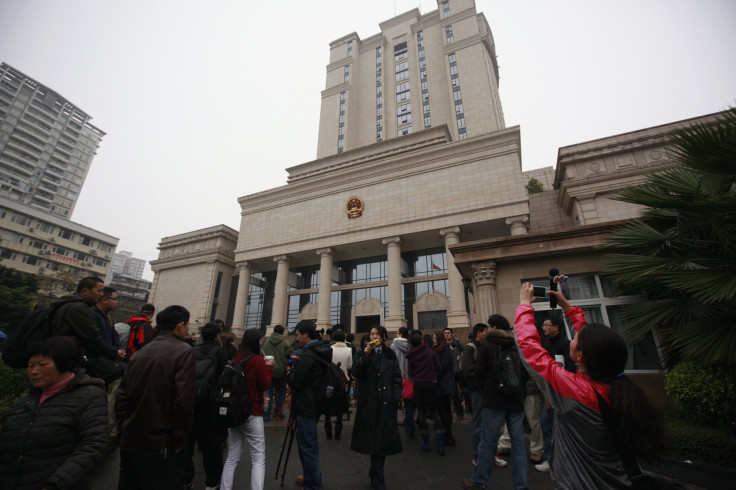Escape From China: One-Fifth Of Affluent Chinese Plan To Emigrate

A whole new generation of Chinese people are now leaving the motherland, experts say, and unlike their predecessors, they are young, well-educated and wealthy.
According to China’s International Emigration Report (2012), jointly published by the Center for China & Globalization and the Beijing Institute of Technology School of Law, China is now experiencing a third wave of emigration, one that will take its newly accrued wealth abroad.

“The most significant difference between the current group of emigration and previous emigrants is that the masses are now emigrating by investment,” Wang Huiyao, the director of the Center for China & Globalization, said in an interview with China Youth, a Chinese newspaper focused on China’s young people.
The first Chinese citizens to emigrate en masse left at the end of the 1970s, when China first rolled out its economic reforms, according to Wang. Many from China’s coastal provinces emigrated illegally. The second wave came at the end of the 1980s, when the first generation of Chinese with advanced, often technical, degrees emigrated. Now, with the third wave taking place, China’s richest are bringing their newly acquired wealth elsewhere. They will, or at least their destination countries hope they will, create work opportunities for natives by investing in businesses there.
According to the Chinese Affluent Class Wealth White Paper published by Forbes China, 10.26 million Chinese could be considered affluent. Of this group, 2.6 percent have already emigrated, and 21.4 percent plan to do so. Significantly, when asked whether they want to send their kids to attend school outside of China, 74.9 percent answered yes.
Recently, the emigration fever has spread from coastal towns to large cities and even, at a slower pace, to smaller cities.
“Previously, most emigrants came from coastal regions," said Zhang Yuehui, an immigration expert. "Fujian province, for example, even had whole villages that emigrated together. In Fujian, there might not be anyone willing to loan you money if you wanted to go to college, but if you want to illegally emigrate, many people will lend you money, because they can reasonably expect a higher return.”
Traditionally, Chinese emigrants have aimed for highly developed Western countries. The U.S., Canada, Australia and New Zealand, with their welcoming environments and open immigration policies, have been especially popular.
“These countries are more welcoming toward talented, skilled immigrants,” Wang said. “Their policies are really meant to attract the best talent from China.”
With the recent debt crisis, many smaller countries in Europe are now hoping to attract investors from abroad. Policies have been relaxed so that it is possible to immigrate to some of these countries merely by purchasing a home.
Traditionally, Chinese living abroad have resided in Chinese communities. With considerable language and cultural barriers as well as less than ideal economic conditions, immigrants often could not or were not willing to partake in their host countries’ political and social life. Now, as recent emigrants’ overall wealth and education levels increase, and as the earliest emigrants settle into their host countries, ethnic Chinese are beginning to take a larger, more active role in their communities, notes China Youth.
© Copyright IBTimes 2024. All rights reserved.





















